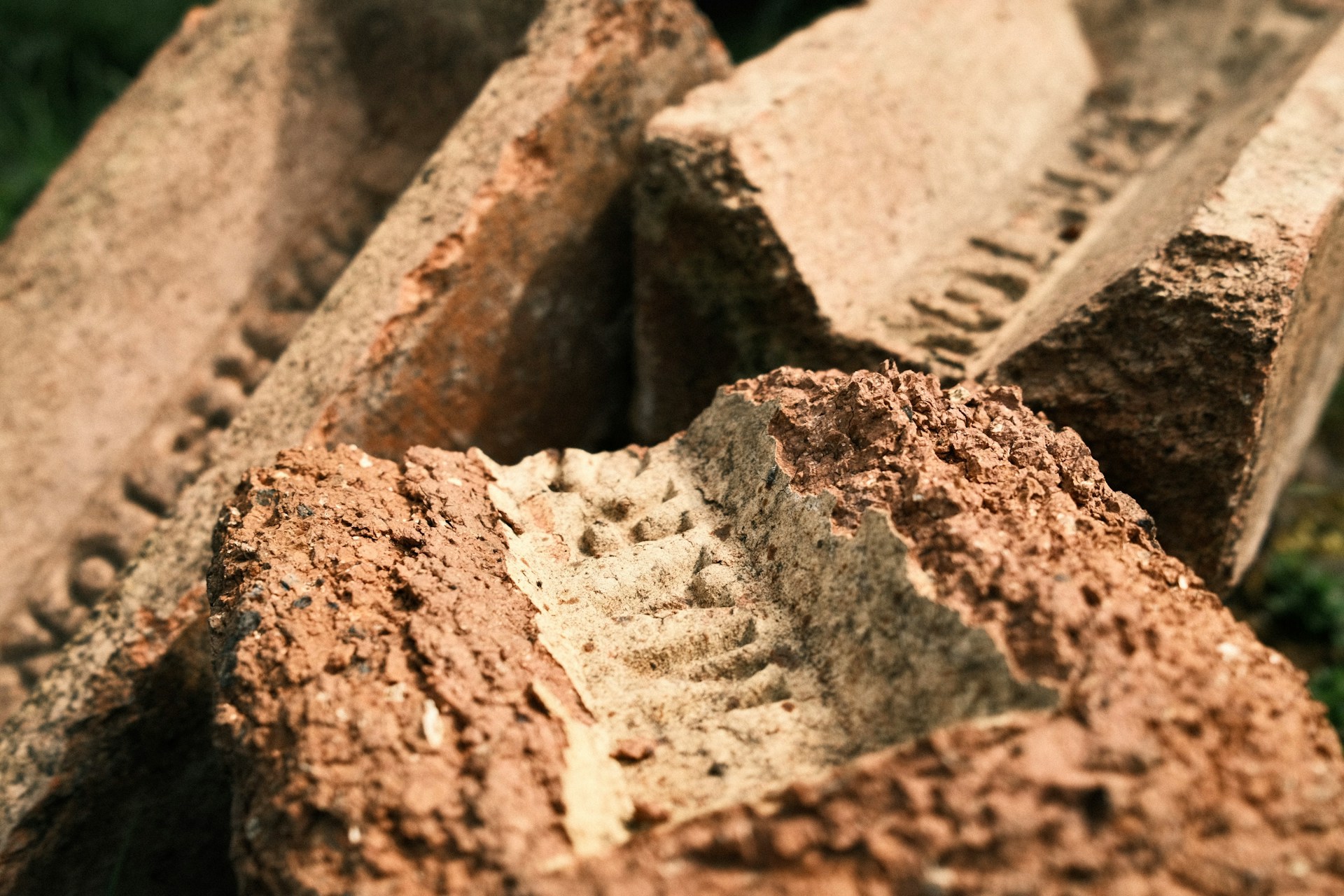
06 Mar The Ins and Outs of Construction Debris Removal: A Comprehensive Guide
Construction projects, big or small, undeniably generate a significant amount of waste and debris. From the demolition phase to the building process, the accumulation of leftover materials can seem staggering.
The process of managing construction debris is not as straightforward as it may seem. A variety of waste materials can be produced, including wood, drywall, concrete, metal, and insulation. Handling such debris requires proper techniques and an understanding of local disposal regulations, waste recycling, and proper storage, ensuring that health and safety standards are met while keeping the environmental impact to a minimum.
In this comprehensive guide, we will discuss the importance of proper construction debris removal, its environmental impact, and how professional services like TopRank Junk Removal provide invaluable support in the management and disposal of construction waste.
Understanding Construction Waste Regulations and Compliance
To ensure safe and responsible disposal of construction debris, it’s crucial to familiarize yourself with the regulations and guidelines around waste management in your region.
Regulatory compliance plays a key role in the construction debris removal process, as improper disposal can lead to fines, legal action, and unfavorable environmental outcomes. Key aspects of the regulations include:
- Proper Waste Disposal: Disposing of construction waste in designated landfills or collection sites is a crucial part of compliance. It’s essential to ensure hazardous materials and waste are processed according to regulatory guidelines.
- Waste Recycling: Maximizing construction waste recycling reduces environmental impact and promotes sustainable practices in the industry.
- Health and Safety Standards: Maintaining a safe construction site requires proper handling, storage, and disposal of debris to prevent accidents, injuries, and other health hazards.
Environmental Impact of Construction Waste
The construction industry generates a significant amount of waste, much of which has negative implications for our environment. Understanding these impacts can foster awareness and promote the adoption of eco-friendly practices in waste management:
- Landfill Overload: Millions of tonnes of construction waste end up in landfills every year, leading to landfill overflow and the release of harmful chemicals and greenhouse gases.
- Resource Depletion: The consumption of raw materials in construction contributes to resource depletion. Recycling construction waste can help conserve natural resources and lessen the strain on the environment.
- Pollution: Improper disposal of construction waste can result in air, land, and water pollution, affecting human health and the surrounding environment.
By considering the environmental impact of construction waste, professionals and homeowners alike can make conscious efforts to minimize these negative effects and improve waste management practices.
Responsibilities and Best Practices in Construction Debris Removal
To ensure efficient and environmentally friendly construction waste management, both construction professionals and clients must adhere to a set of responsibilities and best practices:
- Develop a Waste Management Plan: Before construction commences, create a waste management plan that outlines proper handling, storage, recycling, and disposal procedures.
- Choose Eco-friendly Materials: Opt for sustainable and recyclable building materials, which can minimize waste generation and contribute to a greener construction process.
- On-Site Waste Segregation: Separate waste materials on-site to facilitate proper recycling and disposal, minimizing cross-contamination and promoting efficient waste management.
- Engage with Professional Junk Removal Services: Enlist the support of professional junk removal services like TopRank Junk Removal to ensure compliance with waste management regulations and the adoption of eco-friendly practices.
TopRank Junk Removal: A Reliable Partner in Construction Debris Removal
For a successful construction project, partnering with a reliable junk removal service that prioritizes environmental responsibility is essential. TopRank Junk Removal’s professionalism, commitment to sustainability, and comprehensive services make them an invaluable ally in managing construction debris removal:
- Expertise: TopRank Junk Removal’s experience in the junk removal industry equips them with the knowledge and skills necessary to handle diverse construction waste, ensuring efficient and effective disposal.
- Comprehensive Services: Their wide range of services, including debris removal, recycling, and hazardous waste disposal, makes TopRank Junk Removal a one-stop solution for construction waste management needs.
- Eco-Friendly Practices: Committed to minimizing environmental impact, TopRank Junk Removal prioritizes responsible waste management practices, including recycling and donating suitable waste materials.
- Compliance Support: The TopRank Junk Removal team is well-versed in local waste regulations and offers guidance on responsible waste disposal to guarantee project compliance and minimize legal risks.
Final Thoughts
The challenges of construction debris removal are varied, but with a dedicated approach to responsible waste management and the support of professional junk removal services like TopRank Junk Removal, these obstacles can be surmounted.
Embracing environmentally-friendly practices while adhering to regulatory standards is critical in safeguarding our planet and ensuring the long-term sustainability of the construction industry.
By choosing a partner like TopRank Junk Removal, construction professionals and clients can rest assured that their waste management responsibilities are in capable hands, leaving them free to focus on the successful completion of their projects.
Transform your construction sites into cleaner, safer, and eco-conscious spaces — contact TopRank Junk Removal today for expert help with all of your construction junk removal needs.

No Comments